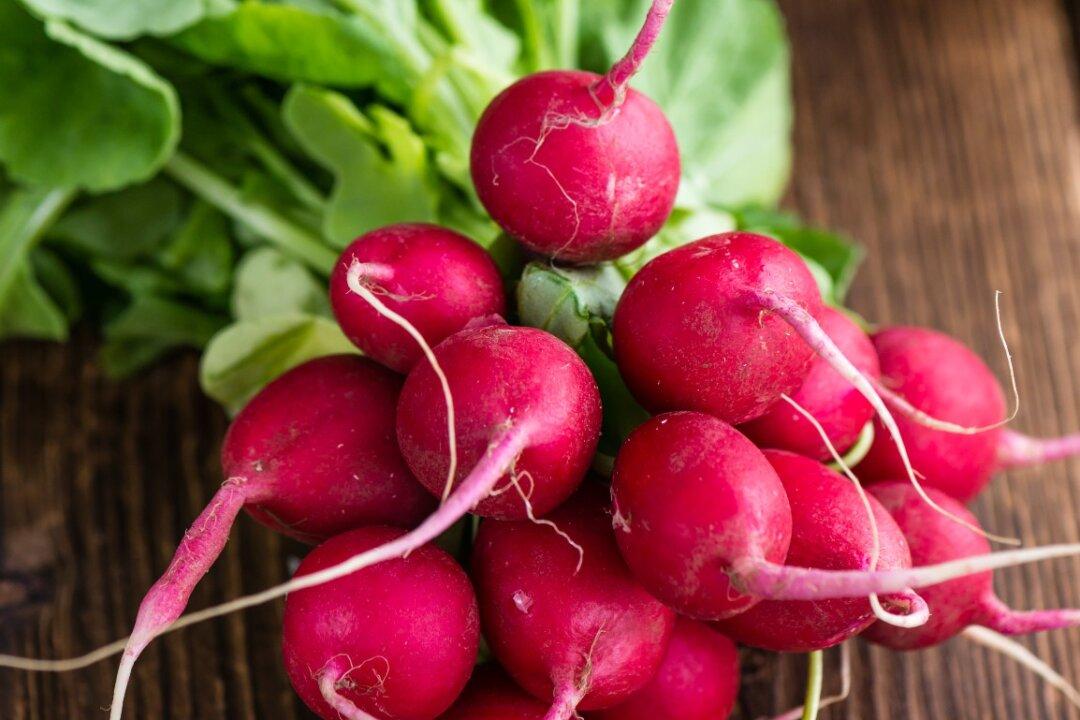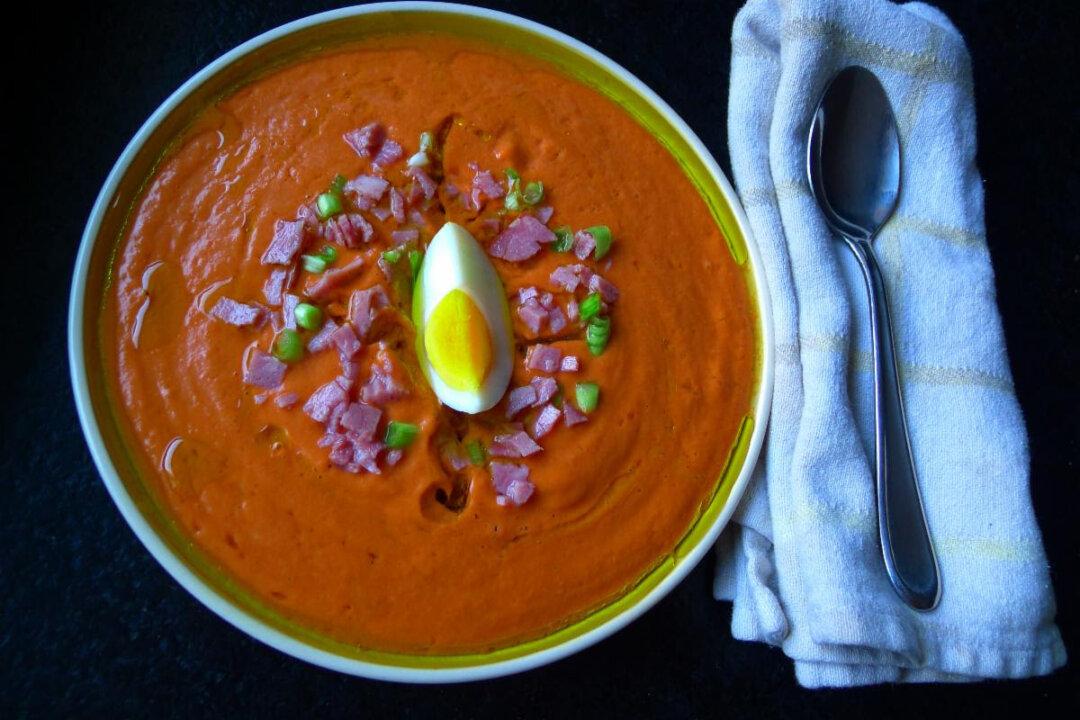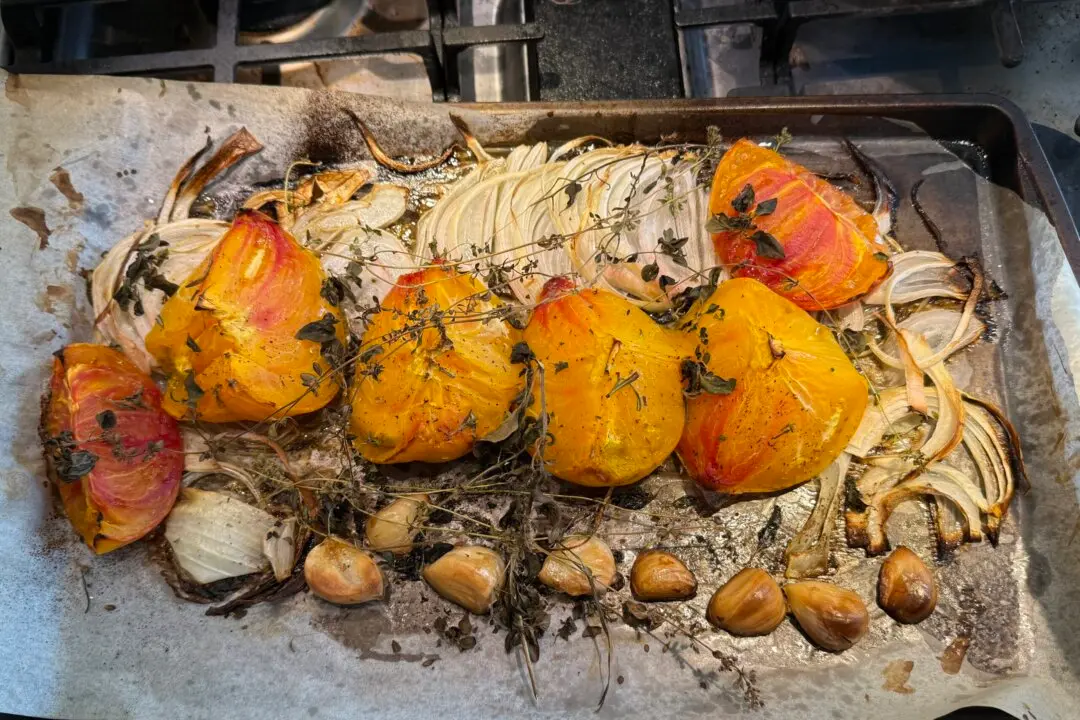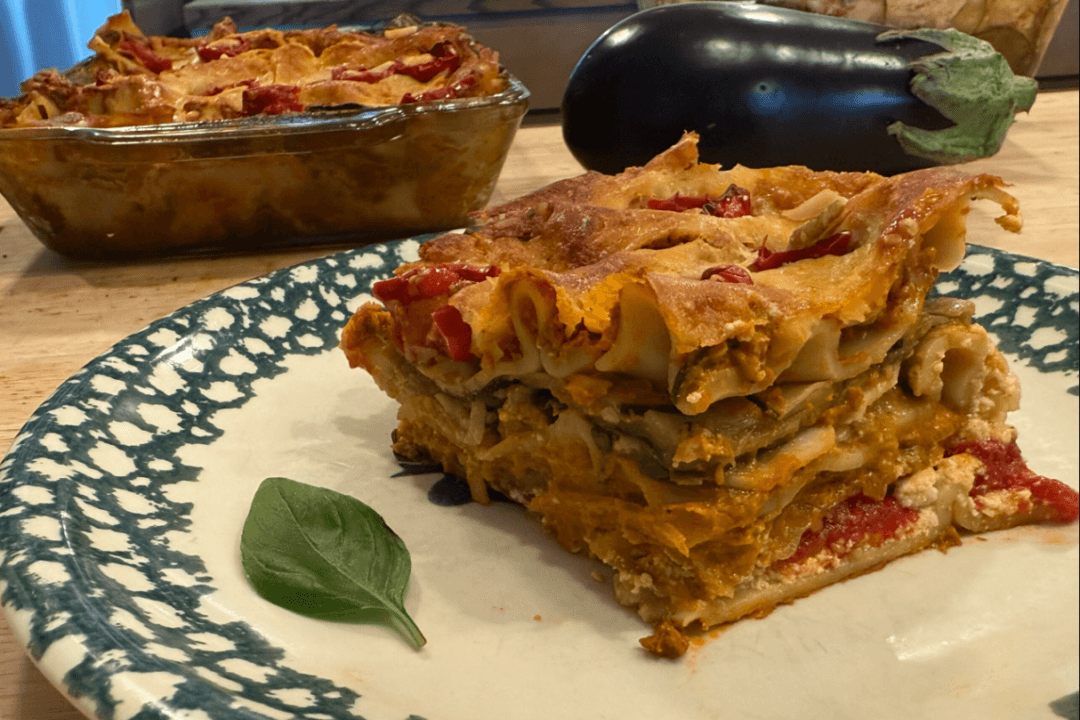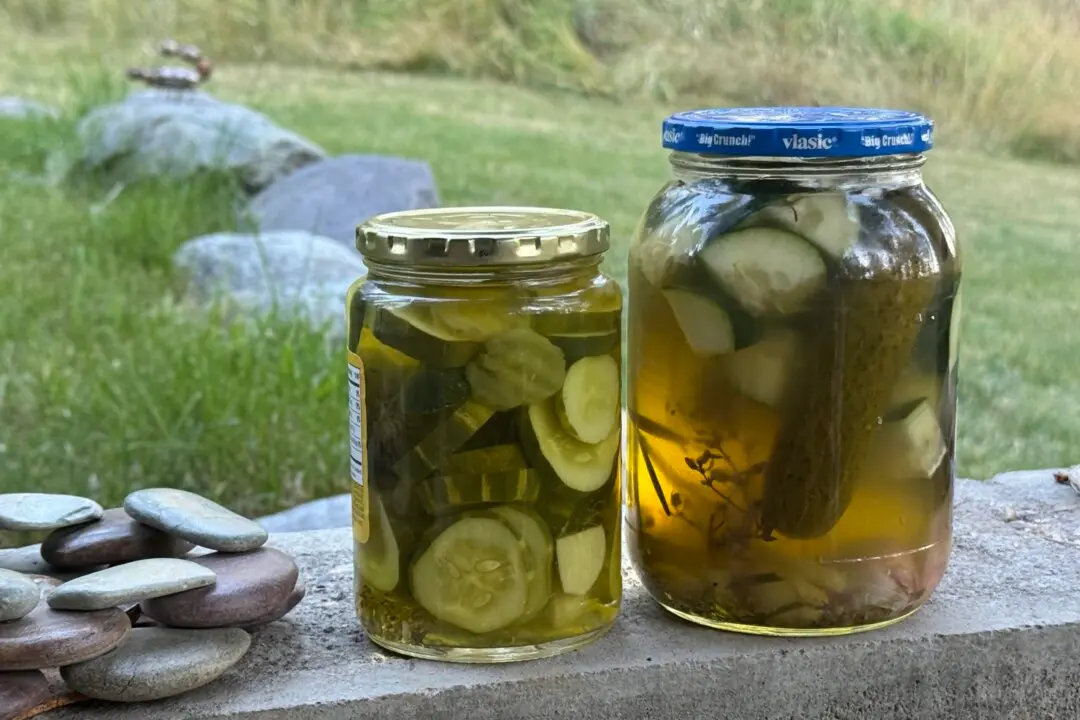This time of year, the radishes stand out like bright bunches of candy. Sometimes at the farmers market, I ask the vendors what to do with their pretty orbs, because I’m chronically at a loss for ideas. The most common guidance, by far, is to use radishes in salads and stir-fries. In other words, the farmers are just as clueless as I am.
Those sassy, juicy roots are tricky. Unadulterated, the feisty flavor of a radish is more difficult to appreciate than that of, say, an apple or carrot. And in the mixed company of a gentle bowl of leaves, that blast of mustard fire can stick out awkwardly.

